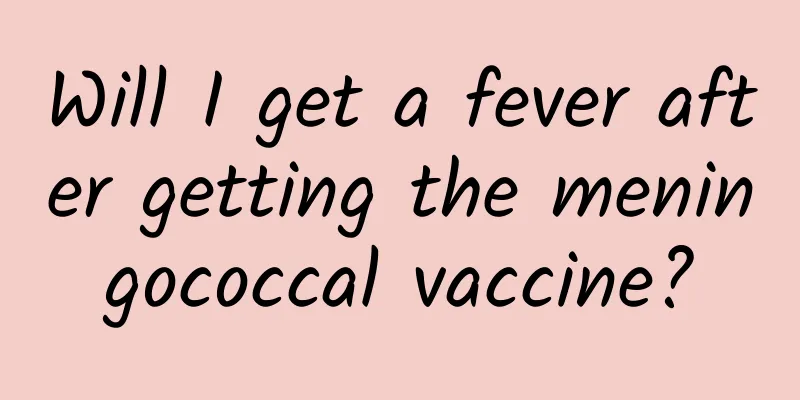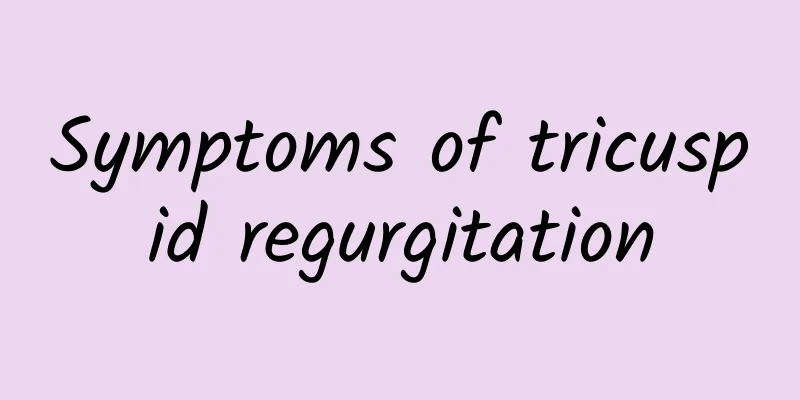What is enuresis?

|
Enuresis should be familiar to us parents, because almost all children have symptoms of enuresis when they are infants, which is also very normal. But in fact, enuresis is strictly speaking a human disease, which usually occurs in infants and young children. Enuresis is very common for many children, and many children will still have symptoms of enuresis after reaching a certain age. So, what is enuresis? I believe that many parents have encountered this problem, but generally parents are very anxious when encountering such a problem, and often they will show abnormal anxiety. This is mainly because parents care and love their children and are afraid that this will affect their children's normal growth and development. Based on this, let’s talk specifically about what enuresis is. Enuresis, commonly known as bed-wetting, usually refers to the involuntary urination of children while they are asleep. Generally, only 20% of children have enuresis by the age of 4, and 5% have enuresis by the age of 10. In a small number of patients, enuresis symptoms persist into adulthood. Those without obvious organic lesions of the urinary tract or nervous system are called primary enuresis, accounting for about 70% to 80%. Patients with enuresis secondary to diseases such as lower urinary tract obstruction, cystitis, neurogenic bladder (urinary dysfunction caused by neuropathy) are called secondary enuresis. In addition to bed-wetting at night, children often have symptoms such as frequent urination, urgency or difficulty urinating, and a thin urine stream during the day. Causes The main causes of primary enuresis may be the following: ① Delayed development of the cerebral cortex: the spinal urination center cannot be inhibited, and the detrusor muscle undergoes uninhibited contraction after sleep, expelling urine; ② Too deep sleep: failure to wake up immediately when the bladder expands after falling asleep; ③ Psychological factors: if the child psychologically believes that he is not loved and cared for by his parents, the child often has a strange temper, is shy, lonely, timid, and unsociable; ④ Genetic factors: the child's parents or siblings have a higher incidence of enuresis. treat 1. General treatment Develop a good work and rest system and hygiene habits, avoid overwork, control the time and regularity of bedwetting, and use an alarm clock to wake up the child to urinate 1 to 2 times at night. Sleep 1 to 2 hours during the day, avoid excessive excitement or strenuous exercise during the day to prevent deep sleep at night. Build confidence throughout the treatment process. Gradually correcting emotions or behaviors such as shyness, anxiety, fear and timidity, taking care of the patient's self-esteem, giving more comfort and encouragement, less scolding and punishment, and reducing their psychological burden are the keys to successful treatment. It is necessary to correctly deal with the mental factors that cause enuresis, understand the mental triggers and possible psychological conflicts that lead to enuresis through medical history, and resolve the mental stimulation factors that can be resolved as soon as possible. For contradictions and problems that have already occurred or exist objectively in reality and cannot be resolved subjectively, we should focus on patiently educating and explaining to the patient in order to eliminate mental tension and avoid emotional distress. Avoid drinking water after dinner and empty your bladder before going to bed to reduce the frequency of bedwetting. 2. Medication (1) Imipramine is suitable for arousal disorder type. (2) Oxybutynin, also known as Urodol, is suitable for frequent urination during the day and at night. (3) Ephedrine can be used in mixed form. (4) Desmopressin is a synthetic antidiuretic hormone, also known as desmopressin, which is suitable for nocturnal polyuria. The combination of amitriptyline, desmopressin, and oxybutynin is currently considered an effective triple drug for the treatment of refractory mixed enuresis. The treatment course is one month. The advantage is that the efficacy is close to the SNM therapy described below. The disadvantage is that there are side effects of varying degrees and relapse is likely after discontinuation of the medication. The above drugs are prescription drugs. Imipramine and amitriptyline are antidepressants. The dosage shown is for adults. Children should calculate it per kilogram of body weight. Therefore, I believe that through the relevant introduction in the above article, most of us should understand the causes of enuresis, and at the same time, we should know clearly what enuresis is. Knowing so much, in the future, if our young parents encounter enuresis in their children again, remember to use general treatment or drug treatment to solve it.
|
<<: How to treat nighttime bruxism
Recommend
There is still a small amount of blood 20 days after the abortion
Medical abortion is referred to as medical aborti...
Causes of fever
Fever is very common. Colds are the most likely t...
How do hemangiomas form?
Many people are usually concerned about hemangiom...
Taboos of taking traditional Chinese medicine for removing dampness
If the human body has serious moisture problems, ...
Fetal femur length standard value comparison table
Many people are not particularly familiar with th...
What causes fever in children with acute nephritis? How to prevent it
Nephritis has been increasingly affecting younger...
The steps of abdominal drainage
If a person suffers from ascites, the ascites nee...
I have a cold and my nose is hot.
Cold is the most common disease in life. Dependin...
White spots at the corners of mouth
The symptoms of white spots at the corners of the...
What are the symptoms of testicular tumors? Clinical manifestations and treatment of testicular tumors
Testicular tumors, which are a type of weight tha...
How to treat atopic dermatitis
There are many types of skin diseases. When treat...
What to do if there are oil particles on the head
Oil particles refer to the components of oil deco...
Treatments for rheumatoid arthritis
Whenever I can’t stand the depression in this bus...
The efficacy and function of Kunning Granules
Kunning Granules do have a wide range of applicat...
How to clear the lungs of tobacco poison, six lung-clearing dietary recipes
We all know that smoking is harmful to our health...









